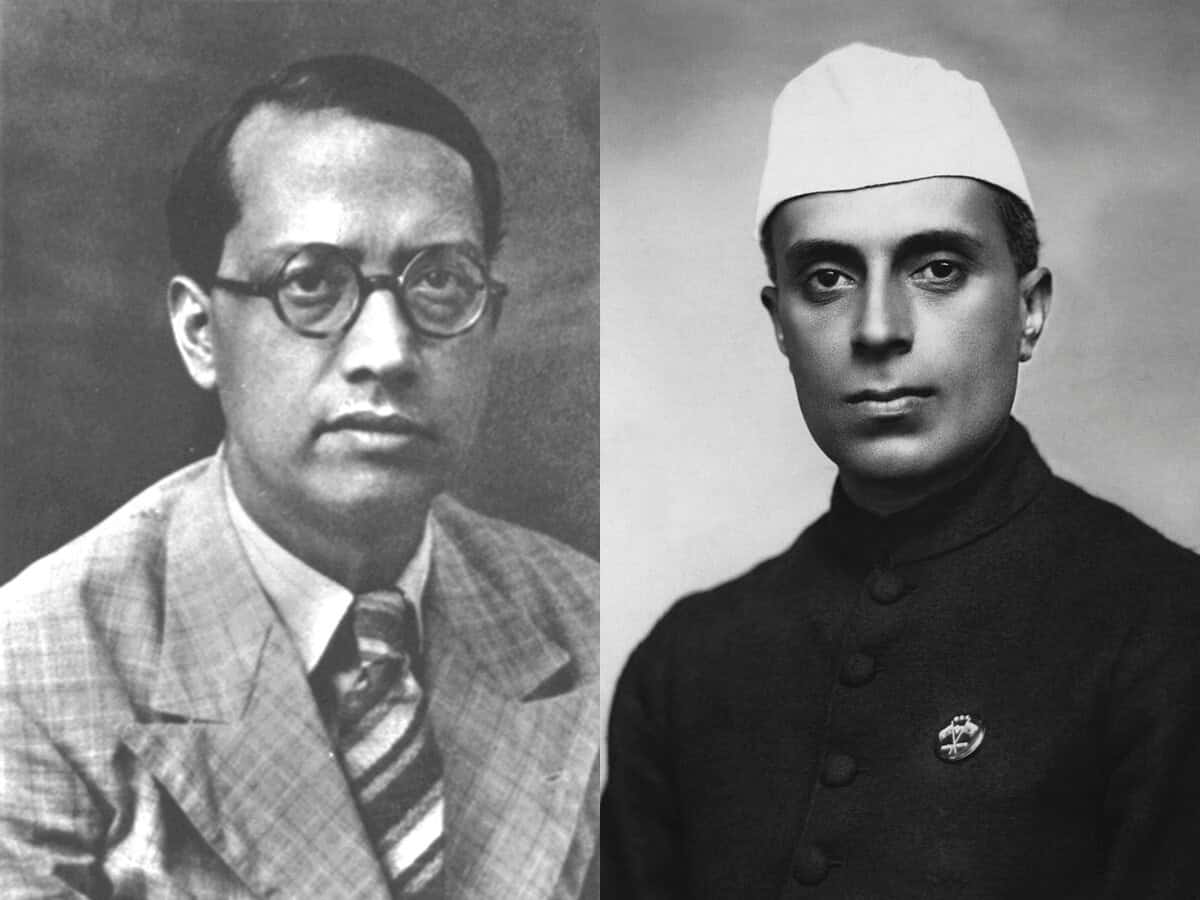
After India attained independence from British rule, the first general election was held between 25th October, 1951 and 21 February, 1952. As can be easily imagined, it was a mammoth exercise and it played a pivotal role to set the standard for all subsequent elections.
Almost 2000 candidates from 53 parties and many independents were in the fray for 489 seats in the Lok Sabha. The state level elections were also scheduled to be held simultaneously. The population of India then was about 361 million as per the census carried out in 1951 and the literacy rate was only 18.33 percent.
Posed big challenges
Because of the challenging logistics, the election was held in a staggering 68 phases. A total of 196,084 polling booths were set up, of which 27,527 booths were reserved for women. The majority of voting took place in early 1952. But in a few places such as in Himachal Pradesh and other hill regions, the voting was held in 1951 before the heavy snowfall blocked the roads and made far flung regions inaccessible.
The man whose task it was to ensure that the process of the general elections went off smoothly was Sukumar Sen, the first Election Commissioner of India. He was assisted by two Regional Election Commissioners, Chief Election Officers in each state and an army of clerks, typists and peons all over India.
Sukumar Sen’s background
Sen was born in 1899 into a prominent Bengali family. His father was a civil servant. He studied in Presidency College, Kolkata and later his higher studies, specialising in mathematics, were carried out in London. He obtained a gold medal in mathematics. After completing his studies in the UK, he joined the Indian Civil Service and served in various regions of West Bengal.
In 1950 he was appointed Chief Election Commissioner and a month after his appointment, the Representation of the People Act was passed in the Parliament. Thereafter, Sukumar Sen was given the responsibility of conducting the general elections. Historian and author Ramachandra Guha has referred to Sen as the unsung hero of Indian democracy. “It is a pity that so little is known about Sukumar Sen who never wrote his memoirs nor left any documents about his achievements,” Guha has stated.
In an article published in The Hindu in 2002, Guha has written that a newly independent country chose to jump straight into universal adult franchise which had not been done even in advanced European nations. The Prime Minister Jawaharlal Nehru wanted the elections to be held early and pressed for the commencement of the elections in the spring season of 1951.
Guha writes: “Nehru’s haste in wanting India’s first general election was understandable, but it was viewed with some alarm by the man who had to make the election possible.”
“No Indian official has ever had such a stupendous task placed in front of him. Consider, first of all, the size of the electorate: 176 million Indians aged 21 or more, many of whom could not read or write. Each voter had to be identified, named and registered. This registration of voters was merely the first step,” stated Guha.
The next task was to allot party symbols, manufacture ballot papers and ballot boxes and explain the process to a mostly unlettered electorate. Then, polling stations had to be built and honest polling officers recruited.
Told Nehru to wait
When Nehru pressed for an early date, Sukumar Sen flatly told Nehru to hold back. Such a mammoth job could not and should not be done in a hurry. So many mistakes could happen and India’s democratic values as well as its worldwide image was at stake. Faced with such stiff resistance from Sen, Nehru had no other option but to wait.
The electorate was spread out over an area of more than a million square miles. In the hill regions, new bridges had to be built and narrow paths had to be widened for ballot boxes to be carried on horseback. About two million ballot boxes were made. Hundreds of policemen were sent on deputation to far flung villages to ensure fair play.
Had no precedent
Guha has written that as a display of political exuberance the Indian elections of 1952 had no precedent in the history of the world. The fact that Sukumar Sen was able to surmount these massive obstacles, attend to complaints of unfair practices, hold back an impatient Prime Minister and also conduct free and fair elections is proof of his immense planning ability, organisational skill and his commitment to democracy.
At the end of a well-conducted and successful election process, the Indian National Congress won 364 seats to emerge as a landslide winner. The Communist Party of India was a distant second with 16 seats followed by the Socialist Party with 12. The first Lok Sabha lasted its full term from 17 April 1952 until 4 April 1957 and democracy found a firm footing in India.

